I cringed at beginning a mindfulness practice almost 30 years ago when it first was suggested to me. I thought I needed to be a scholar in all things transcendental, religious, and philosophical to sit and be still. In typical fashion, I made it more difficult and complicated than it needed to be. In fact, the very foundation of mindfulness practice encourages simplicity. Consider, mindfulness is an ancient practice rooted in many traditions such as Hinduism, Buddhism, Christianity, Judaism, and Islamic faiths – and they had no computers, cell phones, or tablets to learn how to be mindful. This is an article that reviews the varied history of mindfulness and defines it succinctly. Interestingly, the research outlines the importance of certain simple aspects to mindfulness practice including the “…development of concentration, attention and acceptance…in a nonjudgmental way”. However, simple seldom means easy. Let’s look at 3 simple ways to be mindful.
The beauty of a simple mindful practice
Let’s dive right in and look at 3 simple ways to be mindful based on the research highlighted above:
- Developing Concentration and Attention: A basic way to develop concentration and attention is to get an adequate amount of sleep. I found that this is a powerful and simple tool to be mindful. It’s also foundational to how the brain functions and the ability to remain focused. I schedule my sleep. Yes, schedule sleep! Try these sleep tips from our friends at Harvard.
- Developing Acceptance: Remember when I said simple seldom means easy? This short blog cannot replace the years it takes to develop true acceptance of life with all its nuances. However, there is a simple way to begin to be mindful considering acceptance…Self-compassion. To be mindful with self-compassion, ask yourself what you would say to a friend who struggles with accepting something in their life that is challenging. And then say it to yourself. Over and over.
- Developing Non-Judgment: Judgment is a part of life. Each time we decide which car to buy, to answer the phone, or eat that cookie requires the use of judgment. Judgment, however, can be damaging. That’s where non-judgment comes in. A way to develop non-judgment is awareness of emotion when we identify something as “good” or “bad”. Instead, to be mindful, pause and hold judgment when emotion is strong. Then, when in a more relaxed frame of mind, look at the situation or again.

Do you need assistance with learning to be mindful? I invite you to Return to Center with me. Sign up for Mindfulness, Yoga, and Meditation with me here. Together, we’ll begin, expand, or refine your journey.
Love, Light, Prayers, and Peace!
Alyson Phelan, CYT, CMMT, TRCC
Certified Yoga Teacher
Certified Mindfulness and Meditation Teacher
Trauma Responsive Care Certified




